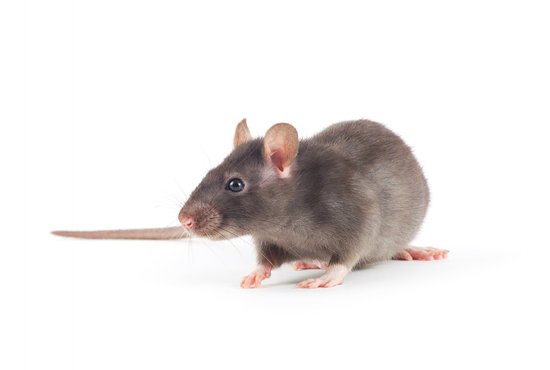How Do Rats Cause Disease?
When rats infest homes, they often bring with them several diseases. For example, the rat virus hantavirus can cause serious kidney and liver damage and can even be fatal. The virus can spread through direct contact, inhalation of rodent saliva, and in some cases, the urine of an infected rat. Most infected rats do not show any symptoms of the disease but may shed high amounts of virus in their urine. There is currently no cure for the disease, but the best way to prevent it is to euthanize your rat and decontaminate your home thoroughly.
The rat’s digestive tract is home to various types of bacteria, including salmonella, which can cause illness when consumed. Salmonella infection can lead to fever, abdominal cramps, nausea, vomiting, and diarrhea. Rat bites may also result in a skin rash and may lead to rat-bite fever. If you are infected with this disease, you must seek medical attention. Antibiotics can cure the infection, but they cannot eliminate the bacteria completely.
As with any other animal, rats can cause disease when they carry bacteria or viruses. They can cause infections in humans and pets. More than any other mammal, rats have been implicated in the spread of various diseases, including bubonic plague, the black death, and cholera. Pet rats have the same anatomy and physiology as wild rats, which means that they can transmit the same diseases as their wild counterparts.








